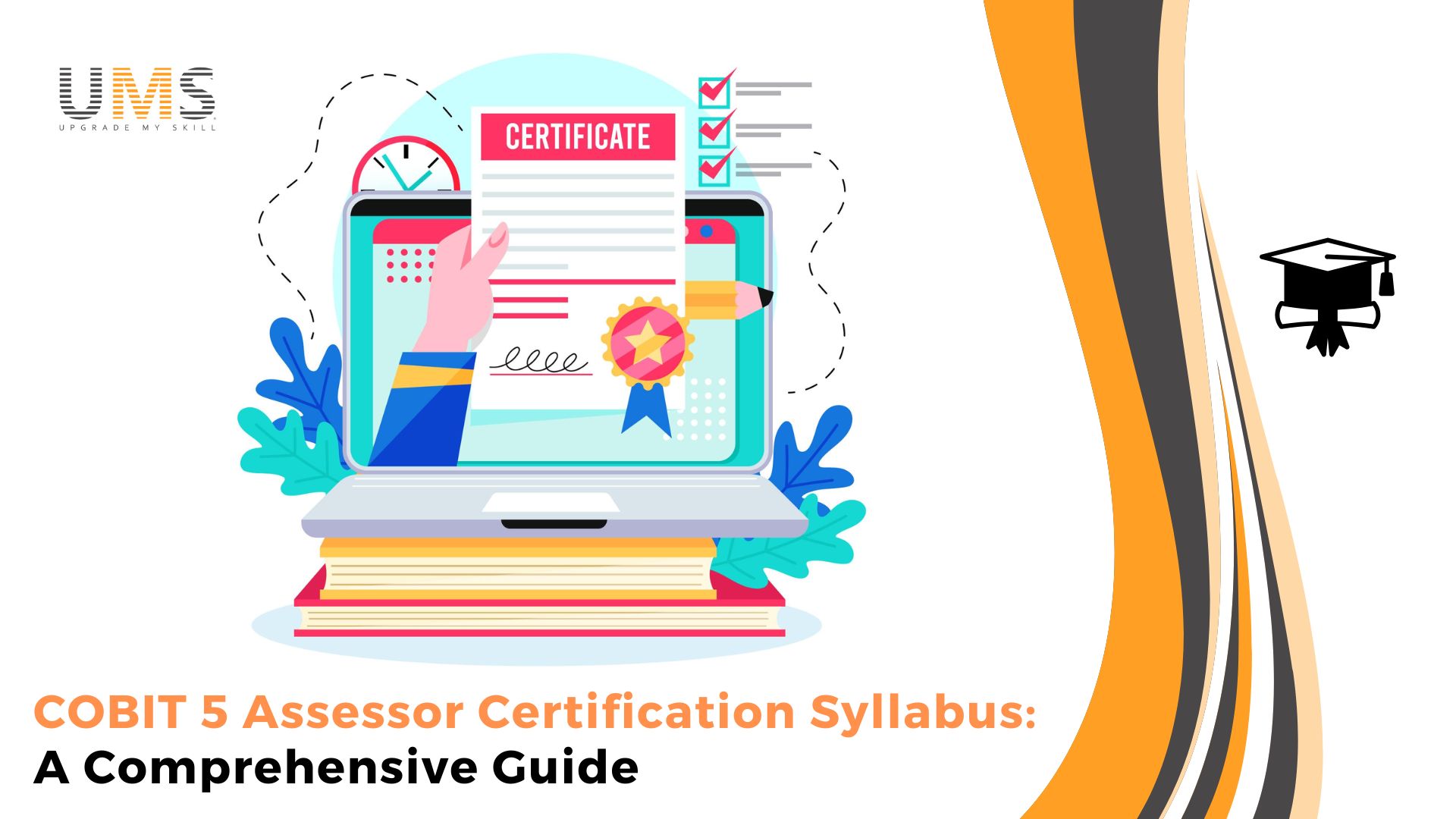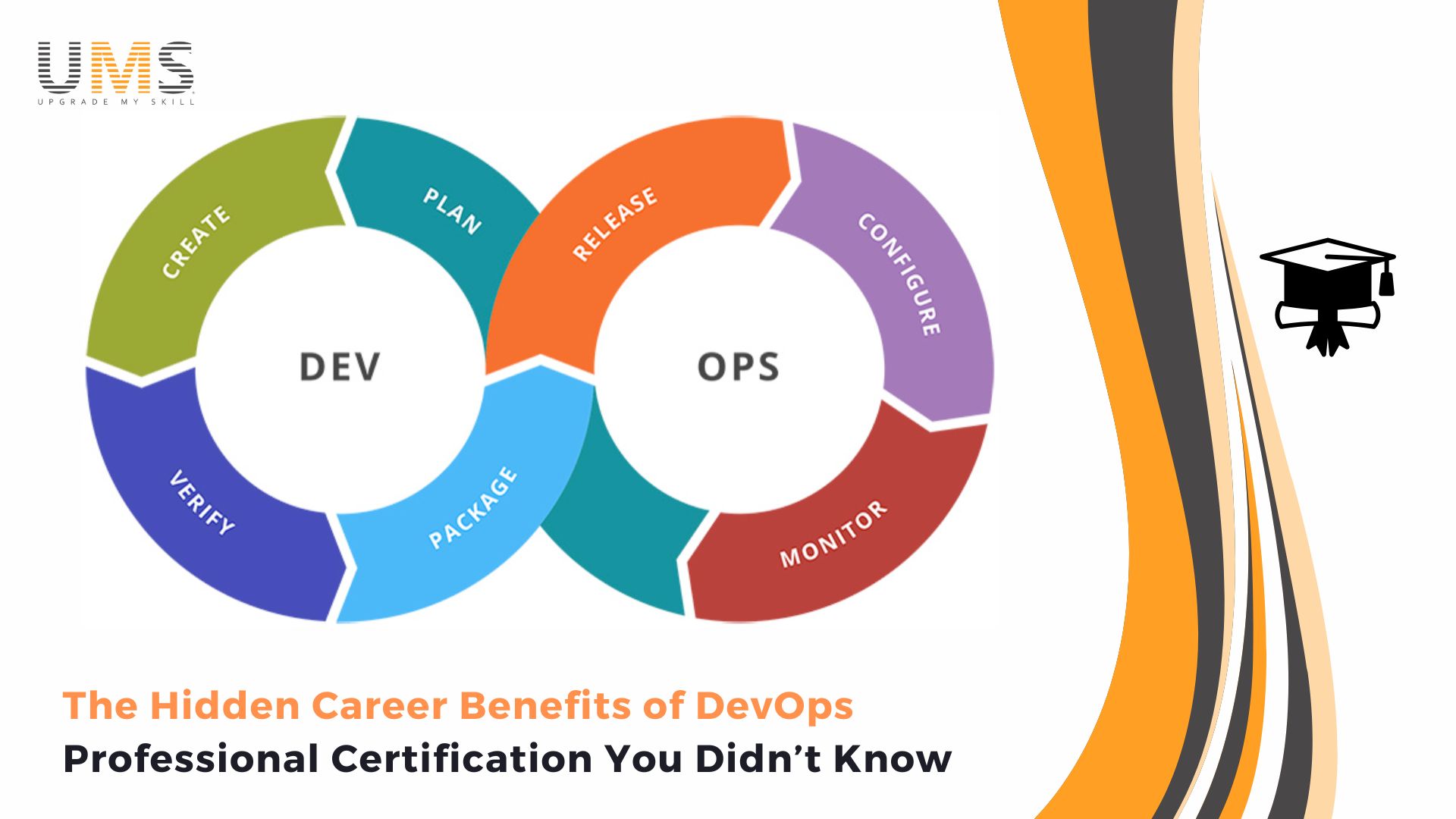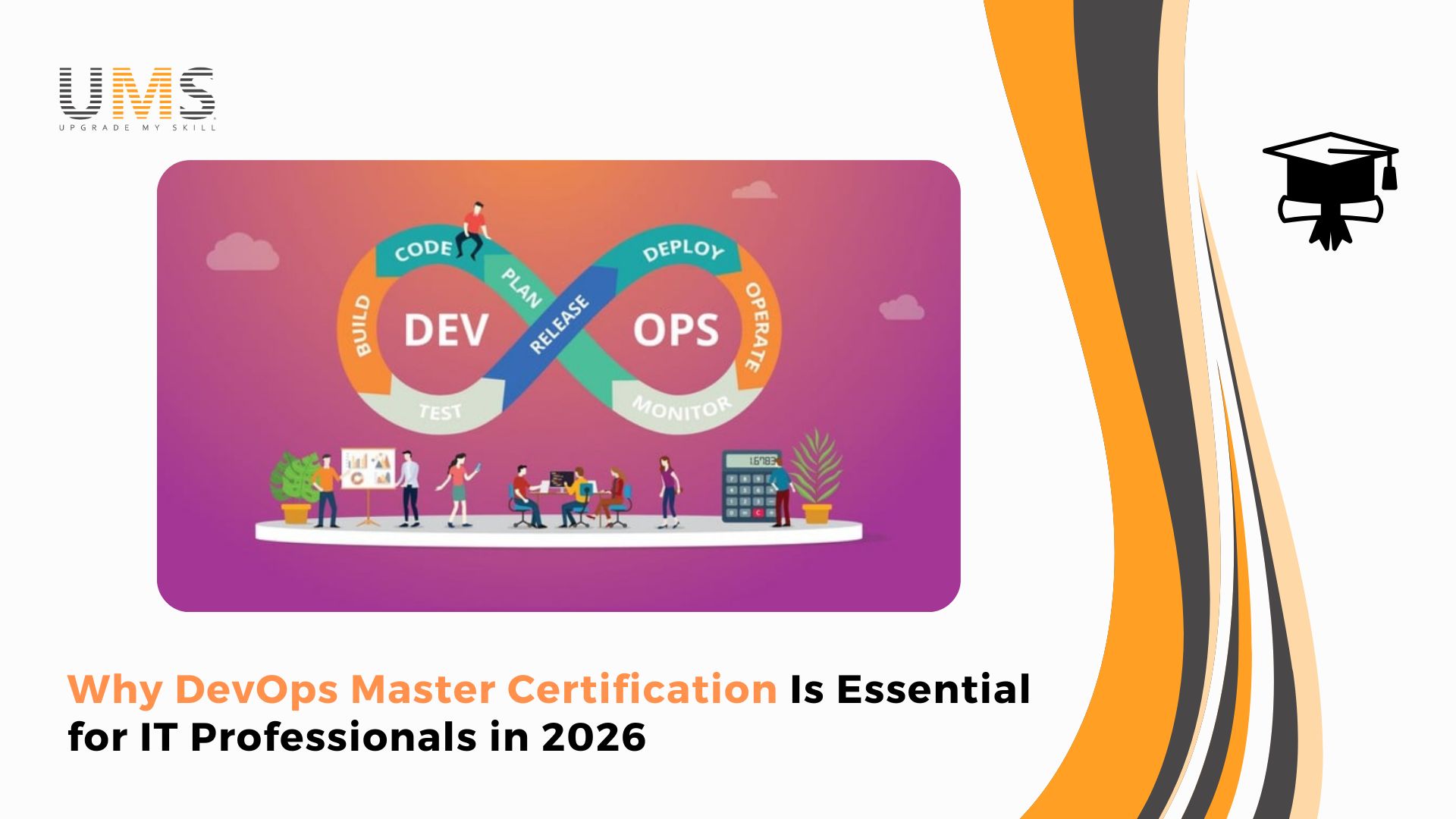- Posted By Admin
- Oct 15, 2025

In modern enterprises, knowing not only how to design and operate IT governance frameworks but also how to assess them is a highly sought-after skill. As organizations increasingly demand accountability, objective measures, and continuous improvement, the COBIT 5 Assessor Certification becomes essential. This credential ensures professionals can evaluate process capabilities, benchmark performance, and guide improvement.
This guide walks you through the COBIT 5 Assessor syllabus in depth, so you know exactly what to expect in the exam, the skills you will build, and how this certification helps you lead assessments with confidence.
The COBIT 5 Assessor Certification is an advanced qualification designed for professionals who measure and evaluate IT process capability using the COBIT 5 Process Assessment Model (PAM). It’s not just about theory; it’s about performing formal, evidence-based assessments that are repeatable and aligned with business goals.
To be an effective Assessor, you must understand the Process Reference Model (PRM), rate process attributes, interpret results, and report findings that influence governance, compliance, risk management, and improvement initiatives. This certification benefits internal and external auditors, IT governance professionals, consultants, process improvement leaders, and those responsible for evaluating IT processes.
Before you begin, there are key prerequisites and knowledge areas you should already be comfortable with:
Here are the main content areas you’ll be expected to know and demonstrate mastery in:
Understanding the exam structure is essential for effective preparation:
Success in the COBIT 5 Assessor exam requires a combination of study, practice, and application. Follow these preparation tips:
The COBIT 5 Assessor Certification offers several career and organizational advantages:
The COBIT 5 Assessor Certification empowers professionals to become trusted evaluators of IT governance and process capability. By mastering the syllabus—including foundation knowledge, PRM & PAM, assessment lifecycle, rating, and reporting—you can deliver credible assessments that drive organizational improvement and governance excellence.
At Upgrade My Skill, we offer comprehensive COBIT 5 Assessor Certification Training designed to enhance your assessment capabilities. Our program includes practical exercises, case studies, and mock exams to prepare you thoroughly.
We also recommend Invensis Learning as another trusted provider offering globally accessible COBIT 5 programs.
Enroll Today and take your career in IT governance and process evaluation to the next level.

DevOps Professional Certification enhances leadership, strategic thinking, and cross-functional influence. In 2026, it empow...

DevOps Master Certification equips IT professionals with advanced automation, cloud, CI/CD, DevSecOps, and leadership skills...

Lean Six Sigma Yellow Belt equips professionals with essential tools to solve workplace problems, eliminate waste, analyze r...